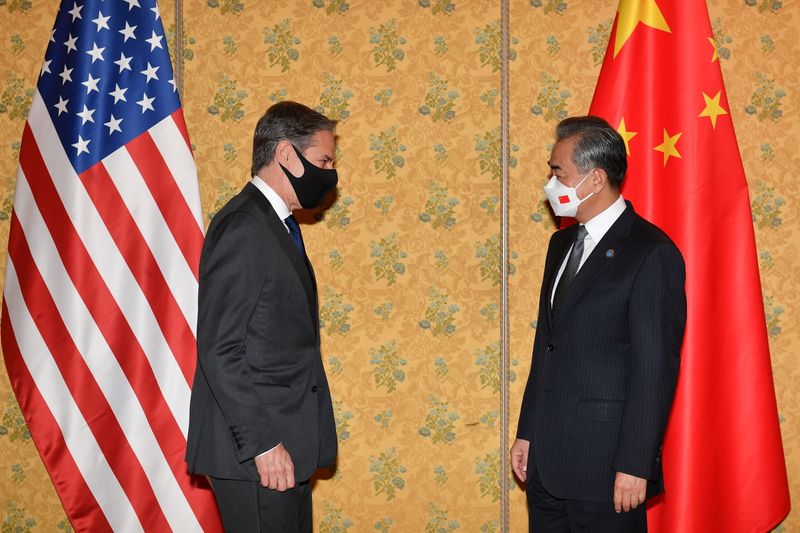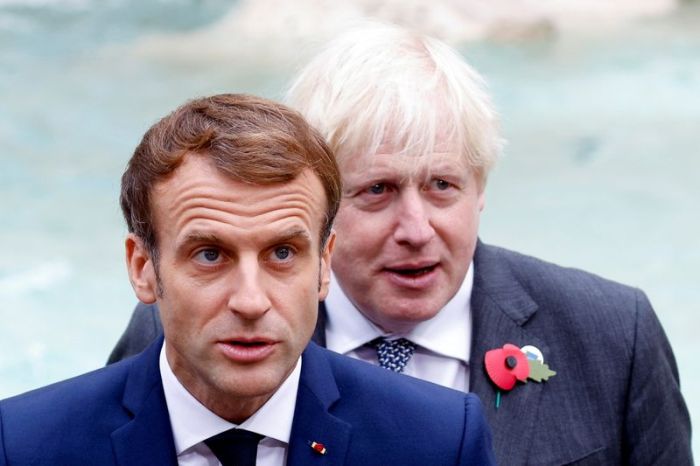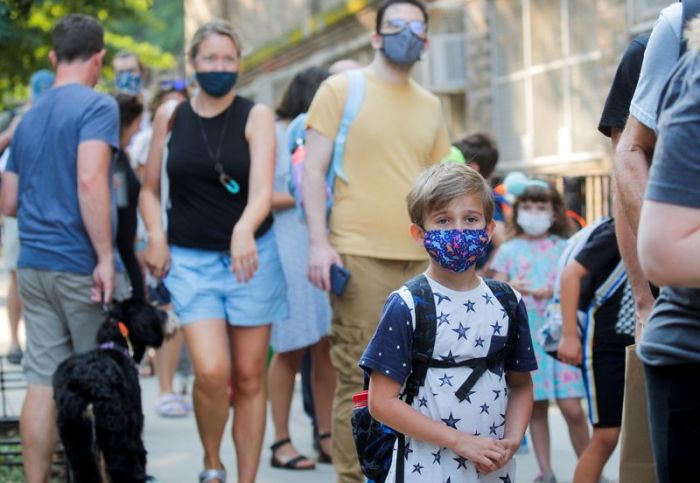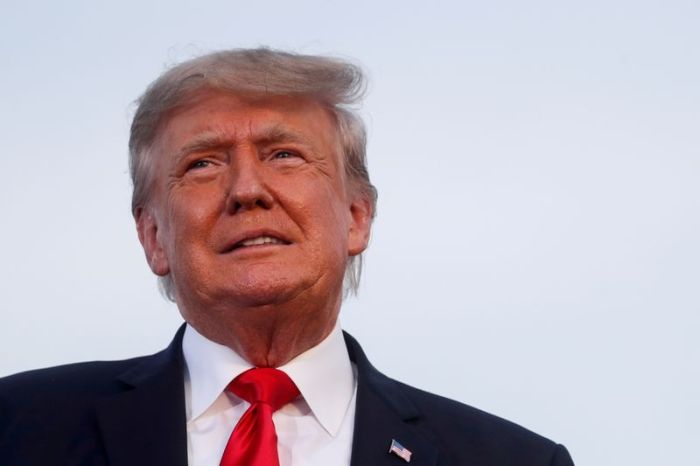ROME (Reuters) – U.S. Secretary of State Antony Blinken and Chinese Foreign Minister Wang Yi locked horns over Taiwan on the sidelines of a Group of 20 summit on Sunday, trading warnings against moves that could further escalate tensions across the Taiwan Strait.
In an hour-long meeting in Rome, Blinken made “crystal clear” that Washington opposes any unilateral changes by Beijing to the status quo around Taiwan, a senior State Department official said.
A recent increase in Chinese military exercises in Taiwan’s air defence identification zone, including what Taipei said were eight such flights on Sunday, is part of what it views as stepped-up military harassment by Beijing.
The United States wants to manage the intense competition between the world’s two largest economies responsibly, the State Department official said, adding that both sides acknowledged that open lines of communication are paramount.
Wang expressed China’s “solemn concern over various issues on which the U.S. side has damaged China’s legitimate rights and interests, and asked the U.S. side to change its course and promote China-U.S. relations back to the track of healthy development”, China’s foreign ministry said in a statement.
Wang said it was misleading of the United States to blame China for a change in the status quo on Taiwan, saying it is U.S. “connivance” and “support” for pro-independence forces in Taiwan that are at fault, China’s statement said.
China claims the island as part of its own territory and views any foreign intervention over Taiwan as interference in its domestic affairs.
Blinken’s meeting with Wang was their first in person since a fiery exchange in Alaska in March.
Sunday’s meeting in Rome was “exceptionally candid” but productive, and will help lay the groundwork for a virtual summit between U.S. President Joe Biden and Chinese President Xi Jinping later this year, the U.S. official said.
NO CHANGE IN POLICY
While the United States, like most countries, has no formal relations with Taiwan, Washington is the island’s most important international supporter and main arms supplier, and is required by law to provide it with the means to defend itself.
Washington has long followed a policy of “strategic ambiguity” on whether it would intervene militarily to protect Taiwan in the event of a Chinese attack, though Biden said last week that it would come to Taiwan’s defence if necessary.
Blinken made clear that Washington had not changed its “one China” policy regarding Taiwan, the official said, and Blinken said there was “no change in our policy” when pressed on CNN on Biden’s comment.
“We’ve had a long-standing commitment,” he said, under the Taiwan Relations Act that Biden supported when he was a senator “to make sure that Taiwan has the means to defend itself. And we stand by that. The president does sit by that strongly”.
“We want to make sure that no one takes any unilateral action that would disrupt the status quo with regard to Taiwan. That hasn’t changed,” Blinken said.
Wang told Blinken that Taiwan is the most sensitive issue between China and the United States. “We require the United States to pursue a real one China policy, not a fake one China policy,” Wang was quoted by the ministry as saying.
Blinken and Wang did not discuss a recent Chinese hypersonic weapons test that military experts say appears to show Beijing’s pursuit of an Earth-orbiting system designed to evade American missile defences, the State Department official said.
(Reporting by Andrea Shalal; Additional reporting by Ryan Woo, Yew Lun Tian and Tony Munroe in Beijing; Editing by John Stonestreet; Editing by Alison Williams and Mark Heinrich)



















